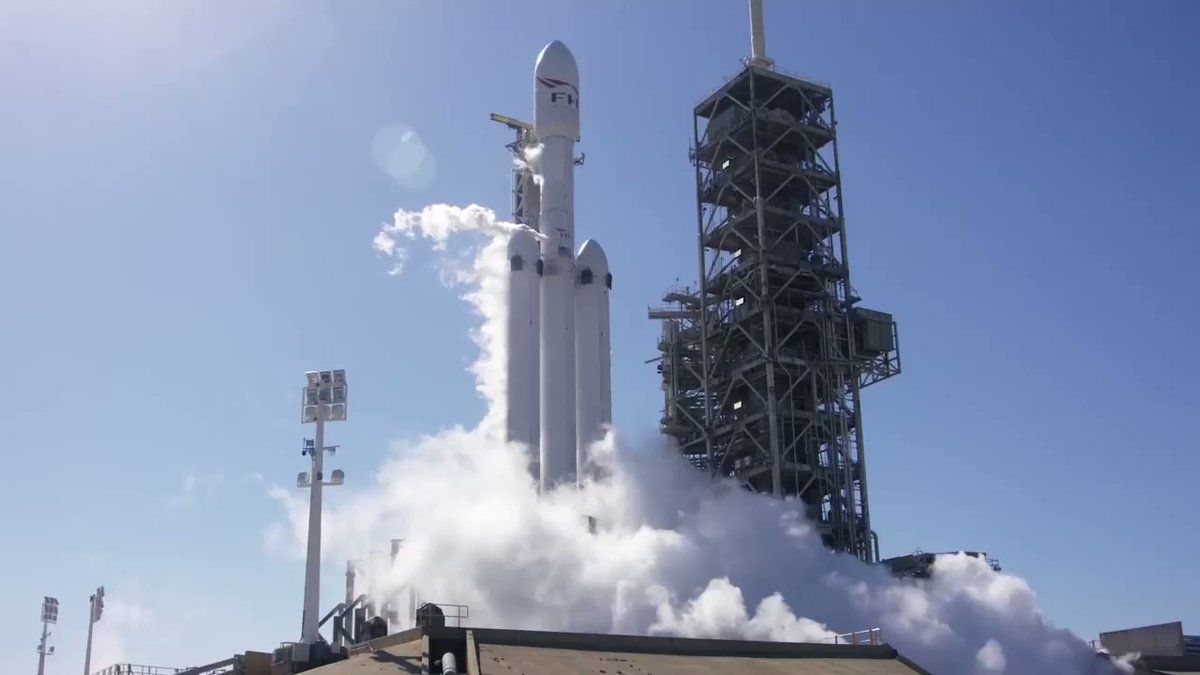
Category: futurism – Page 1,217







Amazon’s automated grocery store of the future opens Monday
By Jeffrey Dastin
SEATTLE (Reuters) — Amazon.com Inc will open its checkout-free grocery store to the public on Monday after more than a year of testing, the company said, moving forward on an experiment that could dramatically alter brick-and-mortar retail.
The Seattle store, known as Amazon Go, relies on cameras and sensors to track what shoppers remove from the shelves, and what they put back. Cash registers and checkout lines become superfluous — customers are billed after leaving the store using credit cards on file.